Start your abroad routes journey with us!
United Kingdom(UK) Student Visa
Get Admission with Scholarship in top reputed UK Universities and Business School
There are many reasons why someone might choose to study in the United Kingdom (UK). Some of the top reasons include:
| High-quality education: | The UK is home to some of the world’s top universities, which are known for their excellent teaching and research facilities. | |
|---|---|---|
| Diverse study options: | Students in the UK can choose from a wide range of study options, including undergraduate and postgraduate programs, as well as short courses and distance learning options. | |
| Cultural experiences: | The UK is a diverse and culturally rich country, and studying there allows students to immerse themselves in a new culture and make connections with people from around the world. | |
| Career opportunities: | Many international students choose to study in the UK because of the opportunities it provides for internships and work experience. This can help students build their professional networks and improve their career prospects. | |
| Affordable tuition: | The cost of tuition and living expenses in the UK is generally lower than in other countries such as the US and Australia. |
Strong support for international students: The UK government and universities offer support for international students, including visa advice, language support, and financial assistance.
Is UK a good place to do higher studies?
The UK is ideal place to opt for higher education. More than 500,000 international students are enrolled in UK universities every year. Most of the UK universities maintain high global standards. Over 688 UK universities are listed in the QS ranking 2024, and 7 universities got their place in the top 10. International students can get many advantages like cultural diversity, high standards, health benefits, etc. You can explore many places in Europe while studying.

Admission Requirements
Admission requirements for international students vary depending on the institution and program of study.
In addition to the general requirements, individual programs may have additional requirements such as portfolios, letters of recommendation, or specific academic qualifications. It is important to check with the institution and program of your choice to determine their specific requirements
Study Intakes in UK
The UK has three different study intakes: fall, winter, and spring. The fall intake is considered the main intake by the universities of the UK.
| Intakes | Study Program | Admission deadlines | |
|---|---|---|---|
| Fall (Primary/Main Intake) | Undergraduate and Postgraduate | September–December | |
| Winter (Secondary Intake) | Undergraduate and Postgraduate | January–April |
Program Level, Duration, Intakes, and Deadlines to Apply
| Higher Study Options | Duration | Intake Months | Deadline to Apply | |
|---|---|---|---|---|
| Bachelors | 4 Years | Sep (Major), Jan (Minor) | 6 months before the intake month | |
| Masters (MS/MBA) | 1-2 Years | Sep (Major), Jan (Minor) | 4-6 months before the intake month |
After you graduate
Graduated international students in the UK on a valid student visa can stay if they hold a job offer with an annual salary of at least GBP 35,000.
To stay in the UK after completing their studies, the students needed to switch to a Tier 2 General Visa, valid for up to five years.
The work experience students gain while working may help them qualify for permanent residence, provided their annual income must be at least GBP 35,000.
Post-study work options
International students in the UK on a valid Tier 4 visa are allowed to stay in the country after finishing their education if they have a job offer worth at least GBP 20,800 per year.
To stay in the UK, such students can move from a Tier 4 Visa to a Tier 2 General Visa with a five-year validity period. Students' post-study work experience will assist them in applying for permanent residence in the United Kingdom.
Cost of Studying in UK
The cost of studying in the United Kingdom (UK) can vary widely depending on a number of factors, including the program you are studying, the institution you are attending, and your personal living expenses.
On average, international students can expect to pay the following costs while studying in the UK:
| Tuition fees | Tuition fees for international students in the UK can range from around £10,000 ($13,000) per year for a bachelor’s degree to over £30,000 ($39,000) per year for a postgraduate degree | |
| Living expenses | The cost of living in the UK will depend on your personal circumstances and where you are studying. You can expect to pay around £12,000 ($15,600) per year for living expenses, which includes accommodation, food, transportation, and other expenses | |
| Other costs | You may also need to budget for other costs such as textbooks, course materials, and travel expenses. |
It’s important to note that these are just estimates, and the actual costs you incur may be higher or lower depending on your individual circumstances. It’s always a good idea to budget carefully and research the costs of studying in the UK before making any decisions.
| Higher Study Options | Average Tuition Fee per Year | Visa Fee | Living Expenses for 1 Year/Proof of funds for 1 year | |
|---|---|---|---|---|
| Bachelors | 11,000 GBP & Above | 490 GBP | 12,500 GBP Approximately (Inner London) | |
| Masters (MS/MBA) | 15,000 GBP & Above | 490 GBP | 9,500 GBP Approximately (Outer London) |
UK University Fees
Tuition fees in the UK differ across its constituent countries: England, Scotland, Wales, and Northern Ireland. The cost of studying in the UK is contingent upon the chosen university and program type. Opting for education in the UK promises a high return on investment, especially considering that the study expenses are generally lower compared to those in the USA and Australia. The tuition fees in the UK vary depending on whether the university is public or private, with private institutions typically charging higher fees.
For international students, annual tuition fees typically fall within the range of £10,000 to £30,000. Additionally, living expenses may average between £800 and £2,300 per month, covering accommodation, food, rent, and miscellaneous costs.
| Study Program | Average Tuition Fee in GBP (£) | |
|---|---|---|
| Undergraduate Bachelor Degree | £6,000 to £25,000 yearly | |
| Postgraduate master's degree | £10,000 to £30,000 yearly | |
| Doctoral Degree | £13,000 to £40,000 yearly |
Embracing Tradition and Innovation
With centuries-old institutions fostering academic brilliance, the UK maintains its status as a premier educational destination. Today, it continues to offer top-tier education in a welcoming atmosphere. Across disciplines such as engineering, business, management, arts, design, and law, UK universities lead the world.
Opportunities for Postgraduate Studies
Many UK universities offer pathways for postgraduate studies, with some even providing sponsorship for Tier 4 visas. Acquiring a UK student visa not only opens doors to exceptional education but also paves the way for a promising career trajectory.
Scholarship Opportunities in UK
There are many scholarship opportunities available to international students who are interested in studying in the United Kingdom (UK). Some of the main types of scholarships available include:
University scholarships
Many UK universities offer scholarships to international students, which can cover tuition fees, living expenses, or both. These scholarships are usually merit-based, meaning they are awarded to students with high academic achievement.
Government scholarships
The UK government offers several scholarship programs for international students, including the Chevening Scholarships and the Commonwealth Scholarships. These scholarships are typically awarded to students who demonstrate outstanding leadership potential and a commitment to making a positive impact in their home country.
Private scholarships
There are also many private organizations that offer scholarships to international students studying in the UK. These organizations may have specific criteria that students must meet, such as being a member of a particular group or pursuing a specific field of study.
It is worth noting that scholarship opportunities can be competitive, and it is important to research and apply for scholarships well in advance of your intended start date. You can find more information about scholarships for international students in UK by contacting the institution or program you are interested in, or by conducting an online search for scholarship opportunities.
Benefits of Studying in UK
Studying in the UK is beneficial for international students in many ways. Many UK universities are famous for quality and excellence, making the country a standout choice for international students.
| UK permits international students to work while studying. | |
| Global recognition for the courses and qualifications | |
| Affordable cost of study | |
| Innovative and plentiful research opportunities | |
| Many Government and private scholarships are available for international students. | |
| Over 50,000 courses in more than 25 subject areas | |
| A multicultural environment allows experiencing various cultures. | |
| English language proficiency improves. | |
| The safest place to live and study. | |
| Many short course options are available. |

Other benefits for international students include
| Higher Study Options | Part-time work duration allowed | Post-study work permit | Can departments work full-time? | Is schooling free for department children | PR option available for post-study and work | |
|---|---|---|---|---|---|---|
| Bachelors | 20 Hours per week | 2 Years | Yes | Yes! Up to 18 Years | No | |
| Masters (MS/MBA) | 20 Hours per week | 2 Years | Yes | Yes! Up to 18 Years | No |
Exploring the Benefits of a UK Student Visa
| Access to 90 QS World Ranking Universities | |
| High Success Rate: 96% Student Visa Approval | |
| 2-Year Post-Study Work Visa Opportunity | |
| Tuition Fees Range from £10,000 to £46,000 per year | |
| Scholarships Available: £1,000 to £6,000 per year | |
| Visa Processing Time: 3 to 6 weeks | |
| Unlocking Career Opportunities Through UK Education: |
The United Kingdom stands as the top choice for international students, attracting over 600,000 learners annually. Renowned for its prestigious universities like Oxford and Cambridge, UK degrees hold global recognition. Compared to the USA and Australia, the cost of education in the UK is notably lower. With a rich history of academic excellence, the UK ranks second only to the US in international student preference.
The following table lists the best universities in Great Britain (Top 10 UK universities)
| British Rank | QS Rank 2024 | University | |
|---|---|---|---|
| #1 | #2 | Cambridge University | |
| #2 | #3 | Oxford University | |
| #3 | #6 | Imperial College London | |
| #4 | #9 | University College London (UCL) | |
| #5 | #22 | The University of Edinburgh | |
| #6 | #32 | The University of Manchester | |
| #7 | #40 | King's College London | |
| #8 | #45 | London School of Economics and Political Science (LSE) | |
| #9 | #55 | University of Bristol | |
| #10 | #67 | The University of Warwick |

How to Apply for a UK Student Visa?
| Step 1: Check if you can apply for the UK Visa. | |
| Step 2: Get ready with all the required documents. | |
| Step 3: Apply for a UK visa online. | |
| Step 4: Wait for the approval status. | |
| Step 5: Fly to the UK for your education. |
Eligibility for UK Tier 4 Visa
| Must have scored above 60% to 75% in your previous study | |
| CAS (Confirmation of Acceptance for Studies) from the UK | |
| University acceptance letter | |
| Previous academic transcripts | |
| IELTS with 5.5 bands or above or any other language proficiency proof (depending on the university) |

Visa Requirement to Study in UK
If you are an international student looking to study in the United Kingdom (UK), you will need to apply for a student visa in order to study there. The specific visa you will need will depend on the length of your course and your personal circumstances.
To apply for a student visa, you will need to meet the following requirements:
| Have an offer of a place on a course at a recognized UK institution. | |
| Have the financial means to support yourself and pay for your course and living expenses. | |
| Meet the English language requirement by taking a recognized English language test and achieving the required score. | |
| Be able to show that you have the intent to return to your home country after your studies. |
Once you have met these requirements, you can apply for a student visa online through the UK government’s visa website. The application process can take several weeks, so it’s important to start the process as early as possible.
It’s always a good idea to check the most up-to-date visa requirements and to follow the guidance of the UK government and your institution to ensure that you have the necessary documentation and meet all the requirements for your student visa.
Educational Requirements to Study in UK
| Higher Study Options | Minimum Educational Requirement | Minimum Required Percentage | IELTS/PTE/TOEFL Score | Backlogs Information | Other Standardized Tests | |
|---|---|---|---|---|---|---|
| Bachelors | 12 Years of Education (10+2)/10+3 years Diploma | 60% | Overall, 6 with 5.5 in each band | Up to 10 backlogs (some private hospital universities may accept more) | NA | |
| Masters (MS/MBA) | 3/4 Years of Graduate Degree | 60% | Overall, 6.5 with no band less than 6 | Up to 10 backlogs (some private hospital universities may accept more) | Some colleges may require the GMAT for an MBA, with a minimum of 2 years of full-time professional work experience. |
Processing Time for UK Study Visas
UK study visas are typically processed within a timeframe of 3 to 6 weeks. The United Kingdom warmly welcomes international students to pursue a diverse range of courses within its universities. Eligible candidates are selected to embark on their educational journey in the UK. Timely acquisition of a UK study visa is facilitated by ensuring the accuracy of all submitted documents. By providing all necessary paperwork correctly, applicants can expedite the visa issuance process.
Public universities in UK charge international students affordable tuition fees; some accept admission without IELTS.
Public Universities in the UK [Low Tuition Fee]
| Staffordshire University | |
| London Metropolitan University | |
| The University of Bolton | |
| Coventry University | |
| Leeds Trinity University | |
| University of Cumbria | |
| Buckinghamshire New University |
Public Universities in the UK [Without IELTS]
| University of Greenwich | |
| University of Central Lancashire | |
| University of Northampton | |
| Robert Gordon University | |
| Portsmouth University | |
| Northumbria University | |
| University of Plymouth | |
| Brunel University |
Public Universities in London
| City, University of London | |
| Royal Holloway, University of London | |
| Brunel University, London | |
| London School of Economics and Political Science | |
| Goldsmith's College, University of London | |
| Kingston University, London | |
| School of Oriental and African Studies (SOAS), University of London | |
| King's College London | |
| Queen Mary University of London | |
| Middlesex University, London |
